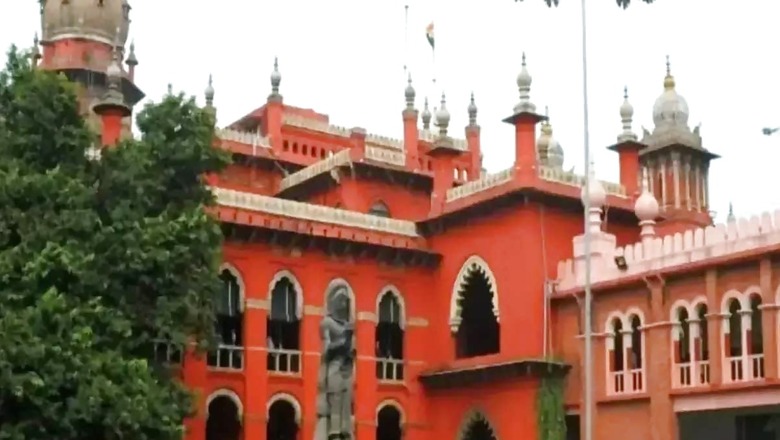
views
The Madras High Court recently observed that the State must exercise its parens patriae jurisdiction to care for adults with mental health problems who lack family support.
Under the parens patriae doctrine, the State is tasked with caring for individuals who cannot care for themselves, such as orphaned children, people with disabilities, and senior citizens.
The court referred to the Uttarakhand High Court’s ruling in Dr Vijay Varma v UOI (2018), which asserted that mentally disturbed patients have a fundamental right to self-preservation, dignity, and access to quality mental healthcare. Additionally, it cited the Delhi High Court’s directive in Kalyani Chattopadhayay v Govt of NCT Delhi (2021), where a mentally ill patient was sent to a facility for care. These cases affirm that the State has a duty to extend its parens patriae jurisdiction to mentally disabled adults, the high court opined.
The bench of Justice GR Swaminathan stressed that the State is obligated to establish residential homes for the mentally disabled in every district and to generously support NGOs that have already set up such shelters. The court said this support is crucial for ensuring that the residents can live decently and receive necessary medical care.
“The State must be thankful to the NGOs for relieving it of its primary burden. If the NGOs are not there, it is the duty of the State which will have to provide complete infrastructural support,” the court underscored.
The order was passed in a petition filed by the father of a 20-year-old mentally ill man, who is a daily wage labourer. He told the court that he and his wife lacked both the financial means and emotional capacity to continue caring for their son, who had been violent and had beaten them at times as he suffered from bipolar affective disorder. The father sought direction to the State authorities to admit his son as an in-patient at Tirunelveli Medical College & Hospital for treatment and care.
To decide the issue, the single-judge bench deliberated on whether the State could be saddled with liability in such cases.
“My answer is ‘yes’,” stated Justice Swaminathan.
Citing Section 9(2) of the Rights of Persons with Disabilities Act, 2016, Justice Swaminathan noted that while a literal interpretation of the provision applies to a child with a disability lacking family support, it could also be extended to adults with disabilities.
“Case laws, conventions, and statutory provisions emphasize the rights of the mentally disabled,” the judge emphasised. “They are entitled to reasonable accommodation, the right to live in a community, and the support of their family.”
Justice Swaminathan stressed that the institutions where such persons are kept must be fully manned and the inmates must be treated humanely there.
He further suggested that institutions housing the mentally ill should have a diverse board of visitors, comprising bureaucrats, psychiatrists, and social workers. The judge underscored that they should conduct surprise inspections and interviews, with CCTV cameras installed for transparency. He stressed the need for proportionate measures to manage violence and prevent abuse of authority by staff.
The single-judge bench, acknowledging its limitations in elaborating on ideas, suo motu impleaded the state government in the matter.
” I would expect the Government to come out with appropriate policies and regulations”, Justice Swaminathan said while clarifying that no specific timeframe was set.
He emphasised the responsibility of both central and state governments to ensure the effective implementation of key legislation, expressing confidence that further judicial directives would be unnecessary.
Lastly, regarding the petitioner’s son, the court directed relevant authorities to take custody of the young man and provide suitable accommodation. Justice Swaminathan clarified that this arrangement would continue until the patient is deemed fit for discharge.


















Comments
0 comment